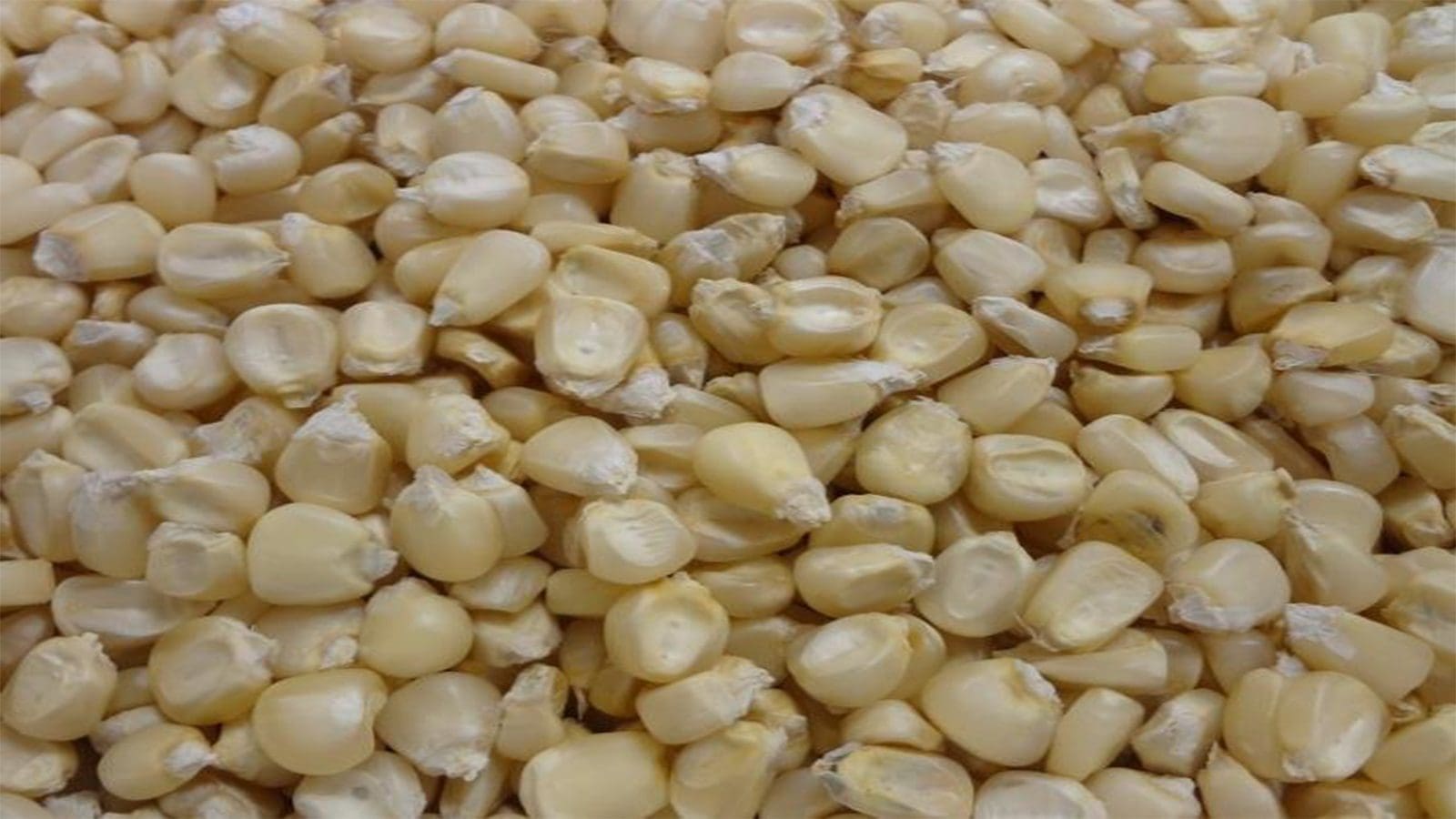
The Ghanaian government has temporarily halted the export of key grains, including maize, rice, and soybean, in an effort to safeguard domestic supplies. The decision comes in response to near-drought conditions that have severely impacted crop production across the West African nation.
Rainfall in northern Ghana has been significantly below average over the past two months, hindering the growth of crops, including the country’s staple foods. Approximately 1.8 million hectares of farmland are at risk, with farmers cultivating food on half of that area already suffering from the dry weather.
Maize, rice, groundnut, soybean, sorghum, millet, and yam have been particularly hard hit by the drought. The affected regions contribute roughly 62% of Ghana’s annual grain supply, raising fears of a nationwide food shortage.
To address the crisis, the government has implemented an immediate export ban on the affected grains. The ban will remain in place until the situation improves.
In response to the export restrictions, the agriculture ministry has outlined a series of measures to ensure adequate food supplies. These include tapping into the grain reserves of the Economic Community of West African States (ECOWAS), increasing grain imports, and partnering with the private sector.
Additionally, the government has pledged to support vulnerable farmers through various interventions. Finance Minister Mohammed Amin Adam announced plans to raise $500 million to fund these efforts.
The drought in Ghana is a stark reminder of the increasing frequency and severity of climate-related disasters in Africa. As the continent heats up at a faster rate than the rest of the world, governments are facing the urgent challenge of adapting to and mitigating the impacts of climate change.
